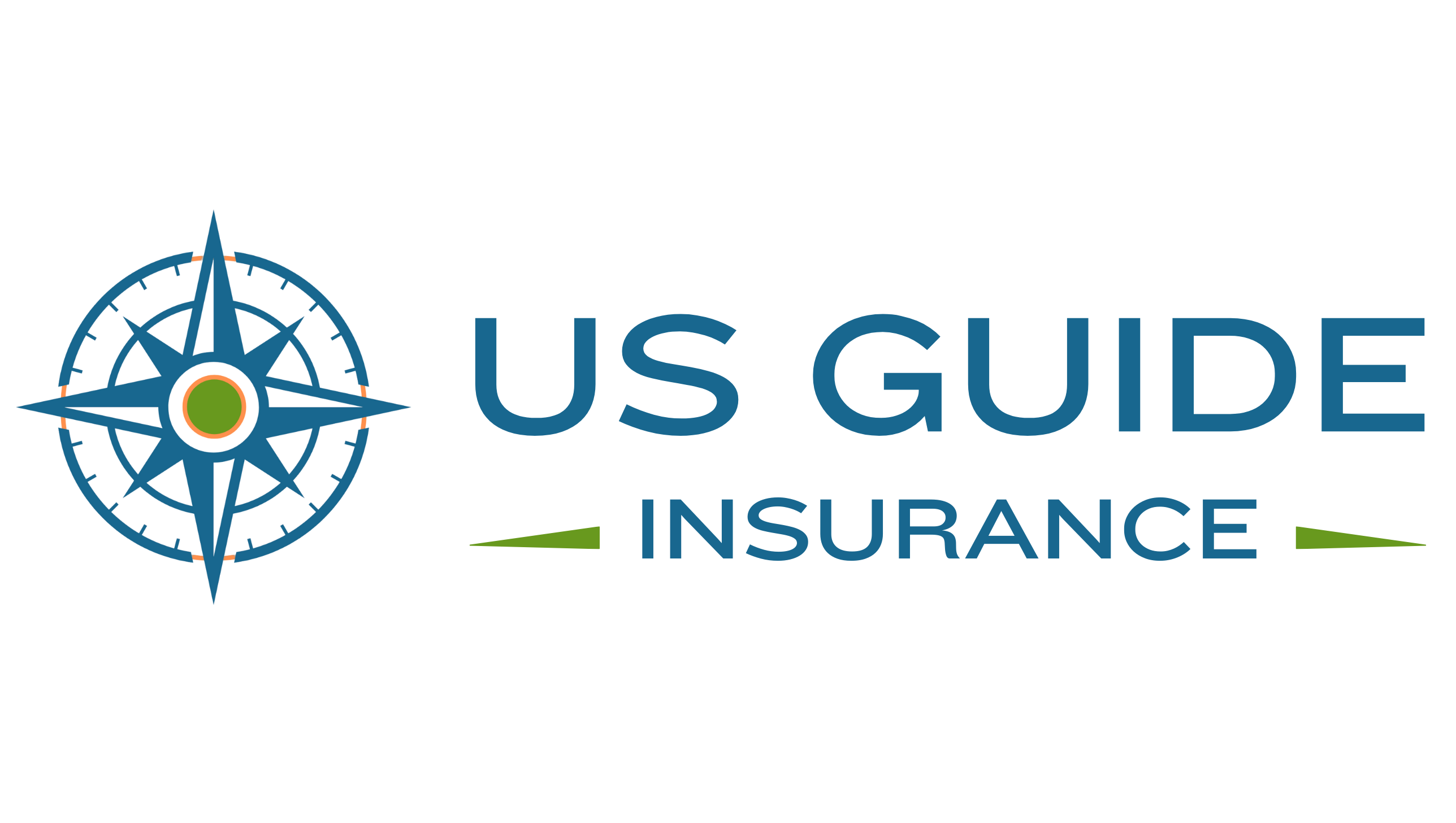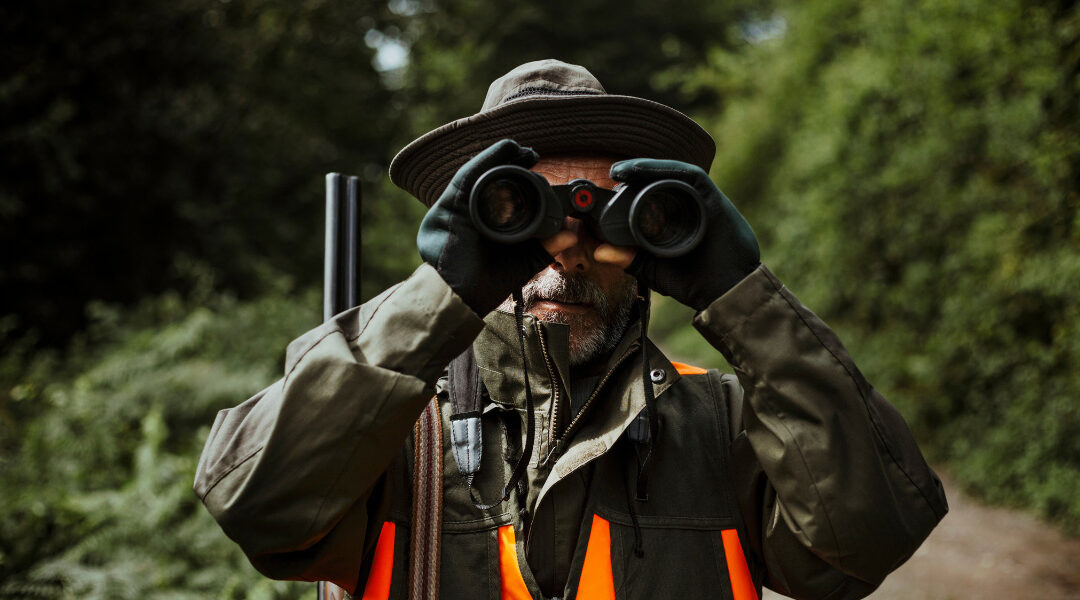Hunting guides play a crucial role in helping clients experience the outdoors safely and successfully. However, the profession carries inherent risks, from firearm accidents to unpredictable wildlife encounters. As a hunting guide, having the right insurance coverage is essential to protect your business, your clients, and yourself from financial and legal liabilities. We will explore the essential types of insurance every hunting guide should consider, why they are important, and how to choose the best coverage for your needs.
- General Liability InsuranceGeneral liability insurance is a fundamental policy for hunting guides. It covers bodily injury and property damage that may occur during a guided hunting trip.
- Why It’s Important:If a client sustains an injury due to an accidental gun discharge, a slip-and-fall incident, or any other mishap, you could be held liable. Legal costs and medical bills can be substantial.
- Coverage Details:This insurance typically covers legal fees, medical expenses, and settlements related to third-party injuries or property damage.
- Example Scenario:A client trips on rough terrain while following your guidance, breaking an ankle. General liability insurance can cover medical bills and potential legal claims.
- Professional Liability Insurance (Errors & Omissions Insurance)Professional liability insurance, also known as errors and omissions (E&O) insurance, covers claims related to professional negligence, inadequate instruction, or failure to provide a safe experience.
- Why It’s Important:Even experienced guides can make mistakes or be accused of poor judgment that leads to an accident or a negative experience.
- Coverage Details:This policy covers legal fees and damages if a client sues for improper guidance or lack of necessary safety precautions.
- Example Scenario:A client follows your advice on tracking an animal but ends up lost in the wilderness overnight. They sue for negligence. E&O insurance can help cover your defense costs.
- Commercial Property InsuranceIf you own a hunting lodge, equipment storage facility, or other property, commercial property insurance protects your assets from damage or loss due to fire, storms, theft, and vandalism.
- Why It’s Important:Your base of operations and expensive hunting gear need protection from unexpected disasters.
- Coverage Details:Covers buildings, gear, firearms, and other business-related property.
- Example Scenario:A fire destroys your lodge or damages essential equipment. Commercial property insurance helps cover the repair or replacement costs.
- Inland Marine Insurance (Equipment Coverage)Since hunting guides rely on specialized equipment such as firearms, GPS devices, and off-road vehicles, inland marine insurance provides protection for gear in transit or used in the field.
- Why It’s Important:Standard commercial property insurance may not cover gear damaged or lost while traveling or in the wilderness.
- Coverage Details:Covers loss, theft, and accidental damage to high-value equipment.
- Example Scenario:Your ATV falls into a ravine during a guided hunt. Inland marine insurance can cover the repair or replacement costs.
- Workers’ Compensation InsuranceIf you employ assistants, workers’ compensation insurance is a legal requirement in most states. It covers medical expenses and lost wages if an employee is injured on the job.
- Why It’s Important:Hunting guides operate in rugged environments where injuries can occur, making workers’ compensation crucial.
- Coverage Details:Covers medical bills, rehabilitation, and lost income for injured employees.
- Example Scenario:Your assistant suffers a back injury while carrying gear. Workers’ compensation helps cover medical expenses and recovery costs.
- Commercial Auto InsuranceGuides often use vehicles to transport clients, gear, and supplies. Personal auto insurance may not cover accidents that occur during business activities.
- Why It’s Important:Protects you from liability if an accident occurs while transporting clients or equipment.
- Coverage Details:Covers damages, medical costs, and liability for business-related vehicle accidents.
- Example Scenario:While driving clients to a hunting location, you hit a deer, causing significant damage to your vehicle. Commercial auto insurance can help cover the repair costs.
- Umbrella InsuranceUmbrella insurance provides additional liability coverage beyond the limits of general liability, professional liability, and other policies.
- Why It’s Important:Serious accidents can result in costly lawsuits that exceed primary policy limits.
- Coverage Details:Kicks in when claims surpass the limits of existing liability insurance.
- Example Scenario:A client sues you for $2 million after an accident, but your general liability insurance only covers $1 million. Umbrella insurance can cover the remaining costs.
- Travel and Accident InsuranceHunting trips may involve travel to remote locations where medical emergencies are difficult to handle. Travel and accident insurance can cover medical evacuations and trip interruptions.
- Why It’s Important:Ensures that clients and guides receive medical care in case of an emergency in remote locations.
- Coverage Details:Covers emergency medical evacuation, trip cancellations, and accidental injuries.
- Example Scenario:A client suffers a serious injury in the wilderness, requiring an airlift to a hospital. Travel and accident insurance can cover the costs.
How to Choose the Right Insurance for Your Hunting Guide Business When selecting insurance policies, consider the following factors:
- Business Size & Scope:The level of risk depends on the size of your operation and the number of clients you serve.
- Location & Environment:Certain regions have higher risks due to extreme weather, terrain, or wildlife.
- Equipment & Assets:Ensure all essential gear, vehicles, and property are adequately covered.
- Legal Requirements:Some states mandate specific types of insurance for hunting guides.
- Budget vs. Coverage Needs:Balance affordability with comprehensive protection.
Operating as a hunting guide involves risks that can lead to financial and legal challenges. Having the right insurance ensures that you, your clients, and your business are protected against unforeseen events. Whether it’s liability coverage, property protection, or accident insurance, investing in the right policies provides peace of mind and long-term security.
By understanding and securing essential insurance, you can focus on what you do best—guiding clients on memorable and safe hunting experiences.

